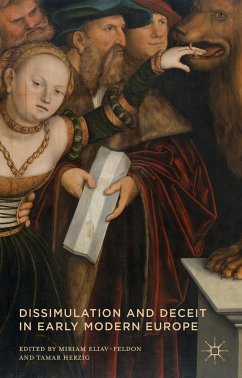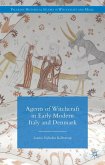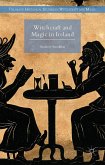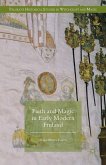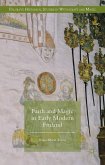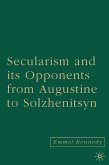In this book, twelve scholars of early modern history analyse various categories and cases of deception and false identity in the age of geographical discoveries and of forced conversions: from two-faced conversos to serial converts, from demoniacs to stigmatics, and from self-appointed ambassadors to lying cosmographer.
"The volume under review groups eleven studies, most of which were originally presented as contributions to an international conference held at Tel Aviv University in 2012. ... its reader has gained a view of a surprisingly wide panorama of deceit cases, and thus been given a broad insight into the history of early modern dissimulation as such." (Benedek Láng, Magic Ritual and Witchcraft, Vol. 12 (1), 2017)
"This volume is a true milestone in tracing, mapping, and conceptualizing the culture of lying and dissimulation in the premodern era. ... This seminal book will be of enormous value and interest not only to early modernists but also to intellectual and religious historians in general." (Maria Ivanova, The Catholic Historical Review, Vol. 102 (4), 2016)
"This volume is a true milestone in tracing, mapping, and conceptualizing the culture of lying and dissimulation in the premodern era. ... This seminal book will be of enormous value and interest not only to early modernists but also to intellectual and religious historians in general." (Maria Ivanova, The Catholic Historical Review, Vol. 102 (4), 2016)

